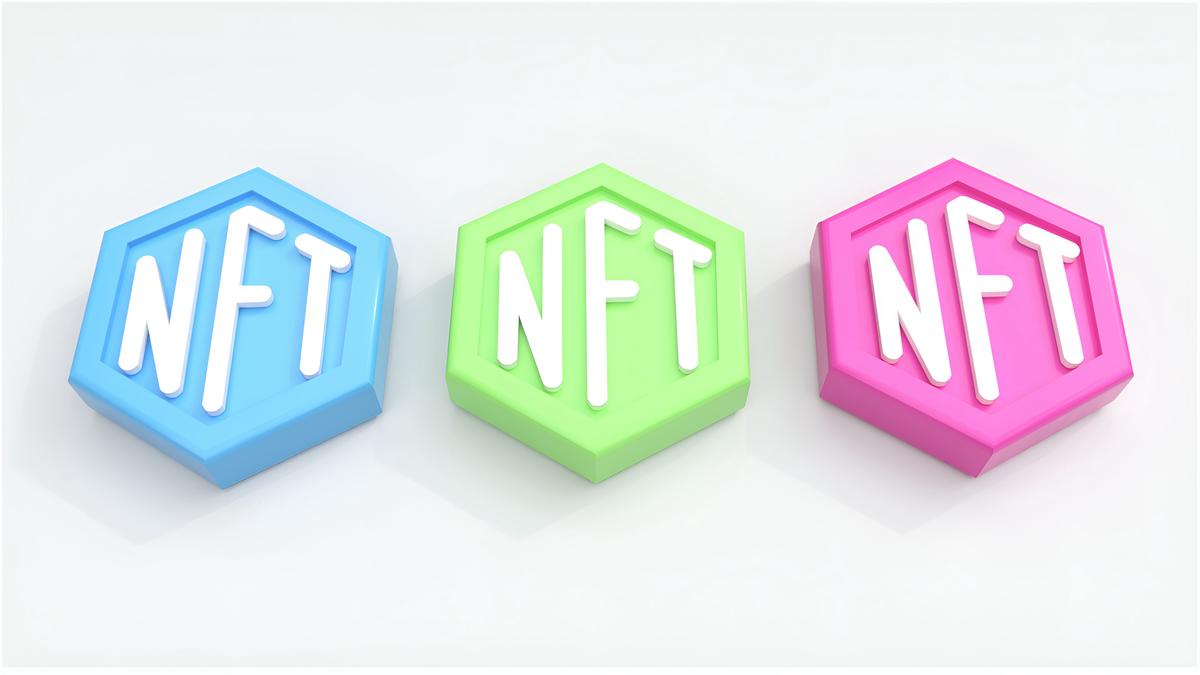The landscape of financial and digital innovation is undergoing a significant transformation, guided by the principles of decentralization and transparency. As we venture into this evolving space, the role of blockchain technology in reshaping industries and redefining concepts of ownership becomes increasingly apparent. This discussion aims to shed light on these pivotal changes, offering insights into the future they herald for our global economy.
Growth of DeFi
Decentralized Finance, or DeFi, is revolutionizing financial services by leveraging blockchain technology. DeFi enables secure, peer-to-peer transactions without traditional intermediaries, opening up possibilities for increased accessibility and transparency.1 This shift promises a future with greater control for individual users.
DeFi has the potential to redefine financial operations by facilitating smoother transactions and offering innovative products. It breaks down existing barriers and democratizes access to financial services globally, enhancing efficiency and encouraging a more equitable distribution of financial opportunities. Through lending, borrowing, or trading assets in decentralized markets, DeFi paves the way for a more interconnected and autonomous financial future.

Enterprise Adoption of Blockchain
Enterprises are increasingly drawn to blockchain technology for its potential to revolutionize various aspects of their operations. Blockchain offers security, transparency, and efficiency – attributes that are appealing in today's digital business landscape. Its incorruptible digital ledger system ensures that transactions are accurately recorded and verifiable, making it an attractive tool for improving processes such as supply chain management, identity verification, and smart contracts.
Blockchain's decentralized nature reduces the risk of fraud and data breaches while facilitating peer-to-peer transactions without intermediaries. This opens up opportunities for cost savings and streamlined operations. The ability to create new business models and revenue streams through digital assets and tokens positions blockchain as a critical component in the evolving digital economy. As enterprises look to stay competitive, the adoption of blockchain technology becomes advantageous for future growth and success.
Regulatory Impact on Blockchain
As the blockchain landscape evolves, regulations are beginning to shape its future. Regulatory bodies globally are introducing frameworks aimed at ensuring security, compliance, and investor protection. These efforts legitimize blockchain applications beyond cryptocurrencies and into broader financial and enterprise domains. However, they also present challenges, including potentially stifling innovation or creating barriers to entry for new market entrants. The balance between fostering technological innovation and protecting stakeholders is at the heart of the current regulatory discourse.
Navigating this regulatory landscape is a critical task for blockchain initiatives. Entities operating within the blockchain ecosystem must stay abreast of a fluctuating regulatory environment, ensuring compliance while seizing the opportunities that regulated blockchain applications offer. The recent actions by the U.S. Securities and Exchange Commission illustrate this complex environment – it underscores the need for blockchain projects to operate within legal boundaries while contributing to a clearer, more structured blockchain landscape.2 This evolving setting signifies a maturing market where blockchain's capabilities can be harnessed within defined legal parameters, paving the way for more widespread adoption and integration across various sectors.
NFTs and Digital Assets in Business
Non-fungible tokens (NFTs) are redefining art, ownership, and creativity in the digital age. They legitimize digital assets in a way that was previously unimaginable, offering creators, artists, and businesses a new avenue for monetizing digital goods. Unlike conventional cryptocurrencies, each NFT is unique, allowing them to represent digital or physical assets in a one-of-a-kind manner. This has cultivated a bustling market for digital art, music, collectibles, and more, enabling artists to connect directly with their audiences in a secured and verifiable way. NFTs leverage blockchain technology to ensure the authenticity and ownership of digital items, solving the problem of proving provenance and originality.
NFTs symbolize the broader potential of blockchain technology to transform traditional notions of ownership and copyright in the digital arena. They've opened up new possibilities for digital experiences, venturing beyond art into realms like gaming, entertainment, and virtual real estate within emerging virtual worlds or the 'metaverse.' NFTs pave the way for digital assets to be recognized as valuable and tradeable commodities, mirroring the characteristics of their physical counterparts but with the added benefits of blockchain's transparency and security. This technological evolution brings us to a juncture where digital goods are not simply consumed but invested in, collected, and traded, shaping a new layer of the digital economy where virtual and physical realities converge.

Photo by dengxiangs on Unsplash
As we navigate through the dynamics of blockchain technology and its applications, from DeFi to NFTs, it's clear that these innovations hold the potential to redefine our traditional notions of value exchange and asset ownership. The most crucial takeaway is the empowerment of individuals through increased control over their financial transactions and creative works, marking a shift towards a more transparent and equitable digital future.
- Chen Y, Bellavitis C. Blockchain disruption and decentralized finance: The rise of decentralized business models. J Bus Ventur Insights. 2020;13:e00151.
- Kaal WA. Digital asset market evolution. J Corp L. 2020;45(4):909-930.